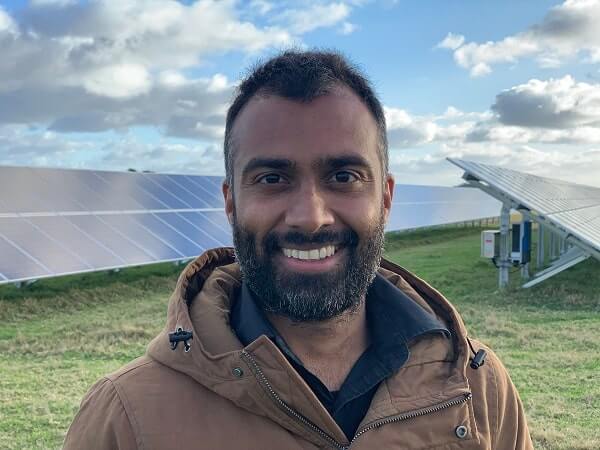Canberra’s Dr. Niraj Lal was one of 16 scientists awarded this year’s Australian Museum Eureka Prizes, known as the ‘Oscars’ of Australian science.
A scientist and science communicator, Niraj won the Celestino Eureka Prize for Promoting Understanding of Science.
The prize is awarded to an individual scientist who has shared their expertise with a broad audience – informing, enthusing and engaging the public.
Niraj won $10,000 for his efforts in engaging Australians of all ages through prime-time television, podcasts, and a children’s book about gravity.
“It was a real honour to win this award – even just to be in the company of the other outstanding finalists,” Niraj told Indian Link. “The biggest value of awards like this is to help continue this work in the future, and that’s what I hope to do with promoting the understanding of science.”
Niraj is based at the Australian Energy Market Operator and the Australian National University and is currently working in the renewable energy sector.
But you’ve probably seen or heard him on ABC Catalyst, ABC Radio National, ABC Kids Listen podcast Imagine This, ABC Sciencey, Todd Sampson’s Life on the Line, Dr Karl’s Outrageous Acts of Science, TEDxSydney , or on his YouTube channel.
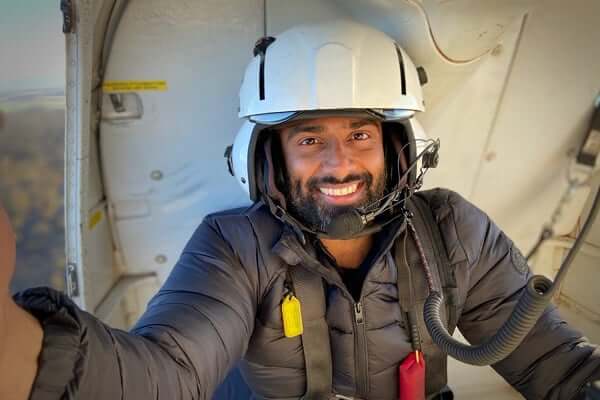
Born in Hawaii and brought up in Australia with roots in India and Fiji, Niraj’s interest in using science for good was sparked on a visit to India as a teenager.
“My parents are from Fiji, but my grandparents and great grandparents were from India. On this particular visit, I became aware of my incredible privilege, education and upbringing in Australia compared to what I saw in parts of India. I started wondering about the ways in which I could help address and reduce inequality, instead of contributing to it. After graduation, I decided to explore using physics for renewable energy instead of defence where many of my peers ended up.”
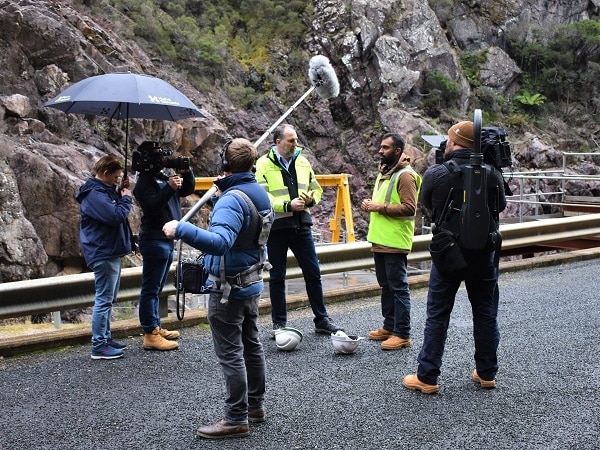
Science had always interested him as a child though he admits he wasn’t one of those kids forever conducting experiments in his bedroom.
“I was always asking why and interested in how things worked,” Niraj revealed. “Growing up, I also spent a lot of time at the beach learning about the ocean in Hawaii, then the bush in Australia. I was interested in Maths, Physics, Politics and Philosophy and how things worked from a theoretical level.”
Niraj’s particular passion lies in communicating with and promoting science to children, such as on the ABC Kids Listen podcast Imagine This
“Personally, the most impactful science communication is to audiences that aren’t already engaged with science,” he observed. “I feel like I can help make a real impact with children, I especially enjoy answering kids’ questions about science.”
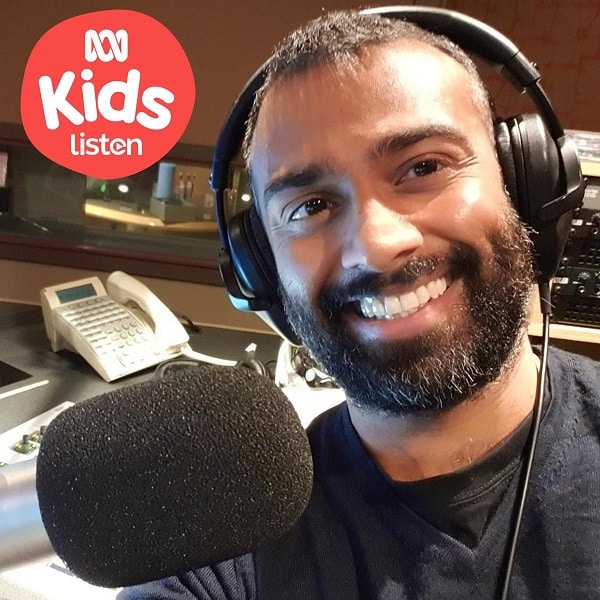
This particular passion to make an impact on children in different ways led to a dream that inspired him to write a children’s book on gravity, Henry The Flying Emu. “When I wrote the book, I was learning about gravitational mechanics and how things move in space. I had an idea in a dream about how fast you could fly to the beach if you went through orbit, and thought about how fast emus can run, and the book wrote itself from there!”
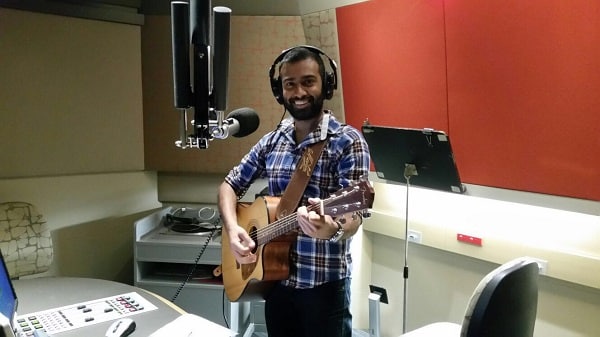
Niraj is donating half of his prize money to organisations supporting kids to engage in science, creativity, critical thinking, civics, performing arts or connecting with country and the natural environment.
So what’s next for Niraj Lal?
“I’m helping progress market design reform of our electricity system and working with some great people across Australia about how our energy system could support a 100% renewable future.”



